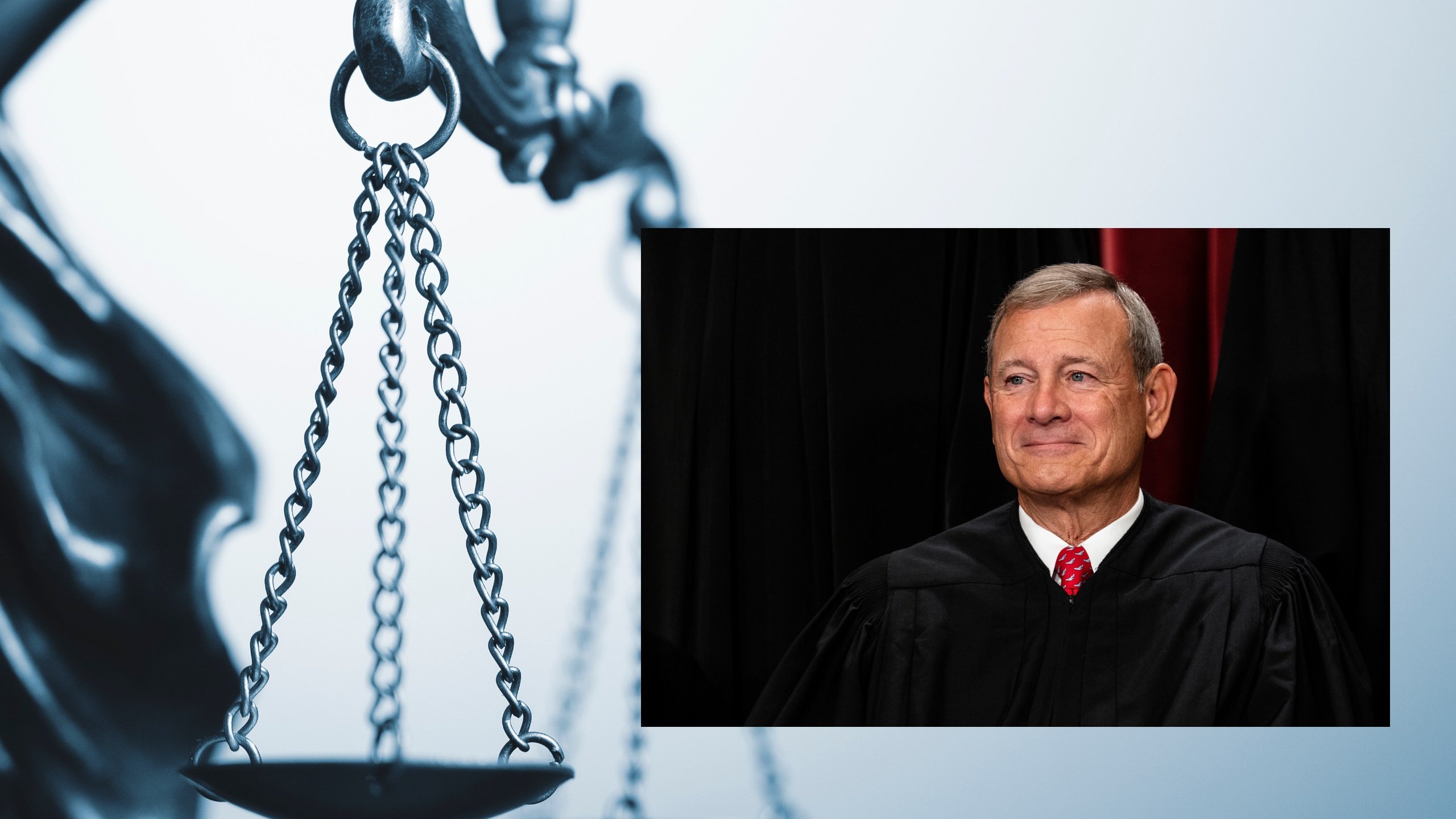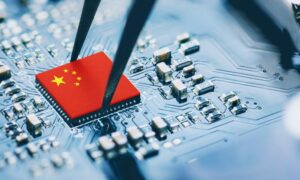
U.S. Chief Justice John Roberts, in his annual report, emphasized the imminent changes artificial intelligence (AI) would bring to the judicial system. This report follows a growing dialogue about the ethical use of AI in legal contexts.
Roberts, steering clear of the recent controversies surrounding the Supreme Court, focused on the potential and limitations of AI. As Bloomberg reports, he expressed that machines could not replicate the nuanced human judgments crucial in courtrooms. The subtleties of human emotion and behavior, such as a quivering voice or a fleeting break in eye contact, remain beyond the realm of AI’s capabilities.
Artificial intelligence will change how US courts do business, though human judges will be around “for a while” yet, Chief Justice John Roberts said https://t.co/1AeqvW8ihf
— Bloomberg (@business) December 31, 2023
However, Roberts acknowledged that federal courts would need to adapt to AI for efficiency in various tasks, drawing a parallel to the judiciary’s past adaptation from quill pens to computers.
John Roberts, in his reflections, highlighted the judiciary’s gradual embrace of technology, juxtaposing the Supreme Court’s milestones with current trends. He recalled how the Supreme Court remained without a photocopier until Chief Justice Warren Burger introduced one in 1969 and how, in 1976, Justice Lewis Powell introduced the use of a Wang computer in his chambers, a move that led other justices to follow suit.
Despite these technological advancements, Roberts noted that a significant portion of the Supreme Court’s operations are still paper-based. He acknowledged the ongoing discussions within various committees of the Judicial Conference, the body responsible for setting policies in the federal court system, about integrating artificial intelligence into court procedures.
Ethical and practical challenges
The Council of Europe recently adopted an ethical charter for AI use in justice systems, emphasizing the need for quality, security, and cooperation between legal professionals and researchers. This charter aims to guide AI applications in judicial systems, touching upon predictive justice tools and case management assistance.
Meanwhile, in England and Wales, senior judges have issued guidance to the judiciary to limit AI use, especially in legal research, due to concerns about accuracy and relevance to local law. Sir Geoffrey Vos, a judicial figure in England and Wales, highlighted the potential benefits of AI for the justice system, emphasizing the necessity for comprehensive understanding and training at all judicial levels.
Although the application of AI within the judiciary has yet to be widely publicized, mainly because judges aren’t obliged to reveal their preparatory methods for judgments, there is an acknowledgement of its utility. The official guidance, however, advises against using AI for legal research purposes, except as a tool to refresh judges’ memory on familiar topics.
AI in the legal profession
Law firms have started leveraging AI for tasks like contract drafting, but this comes with its challenges. Notably, a New York lawyer faced sanctions for using an AI-generated brief containing fictitious citations, underscoring the risks involved.
Michael Cohen, formerly a personal attorney to Donald Trump, acknowledged that he inadvertently relayed counterfeit legal case citations to his lawyer. These citations, generated by an artificial intelligence tool, were subsequently presented to a judge.
This admission follows an inquiry by Judge Jesse Furman, who earlier sought clarification from a lawyer regarding the inclusion of non-existent court rulings in a motion filed on behalf of Cohen. Judge Furman also inquired about Cohen’s involvement in the drafting of the motion.
- SEO Powered Content & PR Distribution. Get Amplified Today.
- PlatoData.Network Vertical Generative Ai. Empower Yourself. Access Here.
- PlatoAiStream. Web3 Intelligence. Knowledge Amplified. Access Here.
- PlatoESG. Carbon, CleanTech, Energy, Environment, Solar, Waste Management. Access Here.
- PlatoHealth. Biotech and Clinical Trials Intelligence. Access Here.
- Source: https://metanews.com/chief-justice-ai-will-change-how-us-courts-do-business/
- :has
- :is
- :not
- 31
- 9
- a
- About
- accuracy
- acknowledged
- adapt
- adaptation
- advancements
- against
- AI
- aims
- All
- also
- an
- and
- annual
- Application
- applications
- ARE
- around
- artificial
- artificial intelligence
- Artificial intelligence (AI)
- AS
- Assistance
- At
- attorney
- BE
- because
- behalf
- behavior
- benefits
- between
- Beyond
- Bloomberg
- body
- Break
- bring
- business
- but
- by
- capabilities
- case
- challenges
- change
- Changes
- chief
- clear
- cohen
- comes
- comprehensive
- computer
- computers
- Concerns
- Conference
- contact
- contexts
- contract
- cooperation
- could
- Council
- Counterfeit
- Court
- Courts
- crucial
- Current
- dialogue
- discussions
- do
- donald
- Donald Trump
- drawing
- due
- Earlier
- efficiency
- embrace
- emotion
- emphasized
- emphasizing
- England
- especially
- ethical
- Europe
- Except
- expressed
- eye
- faced
- familiar
- Federal
- federal court
- Figure
- filed
- firms
- focused
- follow
- follows
- For
- formerly
- from
- FT
- generated
- gradual
- Growing
- guidance
- guide
- Have
- he
- Highlighted
- his
- How
- However
- HTTPS
- human
- imminent
- in
- inadvertently
- inclusion
- inquiry
- Integrating
- Intelligence
- into
- introduced
- involved
- involvement
- ITS
- John
- judge
- judges
- judgments
- judicial
- Justice
- Law
- lawyer
- Led
- Legal
- levels
- leveraging
- Lewis
- like
- LIMIT
- limitations
- local
- Machines
- mainly
- management
- Memory
- methods
- Milestones
- motion
- move
- necessity
- Need
- New
- New York
- notably
- noted
- obliged
- of
- official
- on
- ONE
- ongoing
- Operations
- or
- Other
- paper-based
- Parallel
- past
- personal
- plato
- Plato Data Intelligence
- PlatoData
- policies
- portion
- potential
- Powell
- Practical
- presented
- procedures
- professionals
- purposes
- quality
- realm
- recent
- recently
- regarding
- relevance
- remain
- remained
- report
- research
- researchers
- responsible
- reveal
- risks
- s
- Said
- Sanctions
- security
- senior
- setting
- significant
- Sir
- sought
- started
- steering
- Still
- Subsequently
- such
- Suit
- Supreme
- Supreme Court
- Surrounding
- system
- Systems
- tasks
- technological
- Technology
- that
- The
- their
- There.
- These
- this
- though?
- to
- tool
- tools
- Topics
- touching
- Training
- Trends
- true
- trump
- understanding
- until
- upon
- us
- use
- using
- utility
- various
- Voice
- warren
- were
- WHO
- widely
- will
- with
- within
- without
- would
- yet
- york
- zephyrnet













